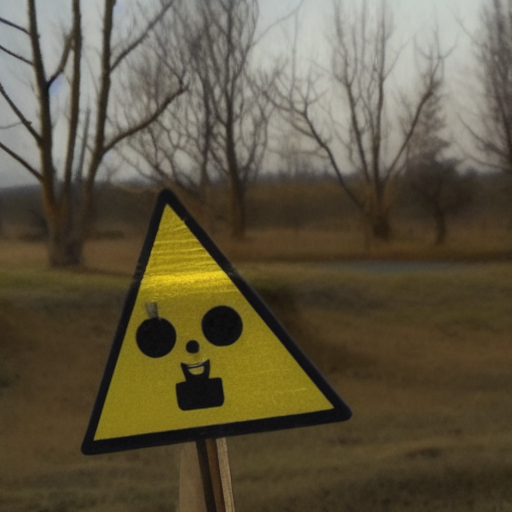Mutually Assured Cooperation

Certainty is valuable. Certainy of cooperation would be priceless. In this article I discuss various methods and technologies to help ensure cooperation.
The value of certainty
In the famous Prospect Theory studies, behavioral economists found that people will pay large premiums in order to ensure an outcome is 100% certain. And yes, this is a study which actually has been succesfully replicated and - so far - has survived the replication crisis!
Why prospect theory has evolved in human brains is an open question, but there are strong intuitive reasons for why predictability and certainty are so valued.
Previously I argued that traffic lights are a simple but effective coordination device because you can easily observe whether everyone else is adhering to the rules, increasing the likelihood that you will also adhere to the rules. In economic terms, having predictability about the other player's actions and payoffs help you to take a coordinated action, and to have some damn patience waiting for a red light.
Scholar Anthony Lee Zhang argues in his article market for promises that a higher likelihood of promises being kept makes it possible to trade on them, creating large amounts of value and information in the process.
Is there a way to achieve more predictability about our actions in general? Maybe ones that are far into the future or about agents which are even far away? Let's find out!
One of the most useful things to be certain about is Mutually Assured Destruction
The field of game theory and decision theory model how agents take decisions in formal environments with formally assumed utility functions. Although most people don't actually use complex game theoretical models in their everyday life, the current special operation with Russia is highlighting the use of a very simple model: Mutually Assured Destruction.
The logic is as follows: the decision of a country on whether to use nuclear weapons or not, should depend heavily on whether other countries are ready to use nuclear weapons. Because if they are, you will be in deep deep trouble very very quickly. The nuclear weapon and public discourse is used as a commitment device.
Although some believe that the model is not an accurate reflection of reality anymore [1] [2], it has been a part of a lot of political and military decisionmaking.
The other most useful certainty is Mutually Assured Cooperation
Now that we have a firm grasp of commitment devices, let's explore how they can help us coordinate society.
Classic commitment devices
- Communication: common leadership wisdom teaches to share your goals! Speak about them. Write about them. Make sure other people become aware of them. The longer you keep repeating the goals, the more people may start to believe in them, and believe that you are continuously pursuing the goals. When you appear committed, others can adjust their plans to this.
- Traditional legal system: if someone breaks a law or contract, they can expect to get a fine for it. Previously, I wrote about how we are more likely to follow rules when we know that everyone is following them. This is a core principle of laws, they should be applied fairly and in a credibly neutral way to all players.
Innovative commitment devices
- Digital infrastructure: the digital revolution is enabling everyone in the world to receive more information than every before. We can go to a crowdfunding website, and be aware of how much was donated already by other people, and adjust our actions accordingly. However, the communication which worked so well on a small scale can break down on a larger scale. When you get bombarded in the news everyday by various crises occuring, the usefulness diminishes quickly.
- Distributed ledgers / blockchains: by fixating contracts in distributed code and make our trust assumptions explicit, we can get certain technical guarantees that the contracts will be enforced. Innovation in consensus algorithms have been key to make this work, including Proof of work, Proofs of Space and Time and Proof of Stake. However, the formal gaurantees do not come for free. The threat of value moving into cryptocurrency systems might be enough to ensure traditional legal systems keep their promises.
- Trusted Execution Environments: these allow one to be certain about the execution of certain code. The landscape of TEE architectures is changing frequently, with varying approaches achieving different levels of success and security, but they can play their part in order to establish trustless and secure cooperation.
- Verifiable computing: is a powerful technique which allows you to prove you ran a certain computation, with no questionable assumptions at the basis. A caveat is that it is only possible to mathematically guarantee that you did something, not that you didn't do something.
Technology is neutral, use it wisely
In the previous section I discussed the positive effects of coordination. However, coordination between entities can also be seen as collusion. A simple well-known example of collusion is different companies deciding to maintain high non-competitive prices. Whether or not a certain collaboration is net-positive or net-negative may often be up for debate.
Commitment devices have the potential to let every company in the world contribute fairly to offset their negative externalities.
Or they can create top-down control systems and reduce people's freedom.
They can create interactions where people get rewards in return for their proofs of altruism and donations.
Let's coordinate to coordinate wisely!
